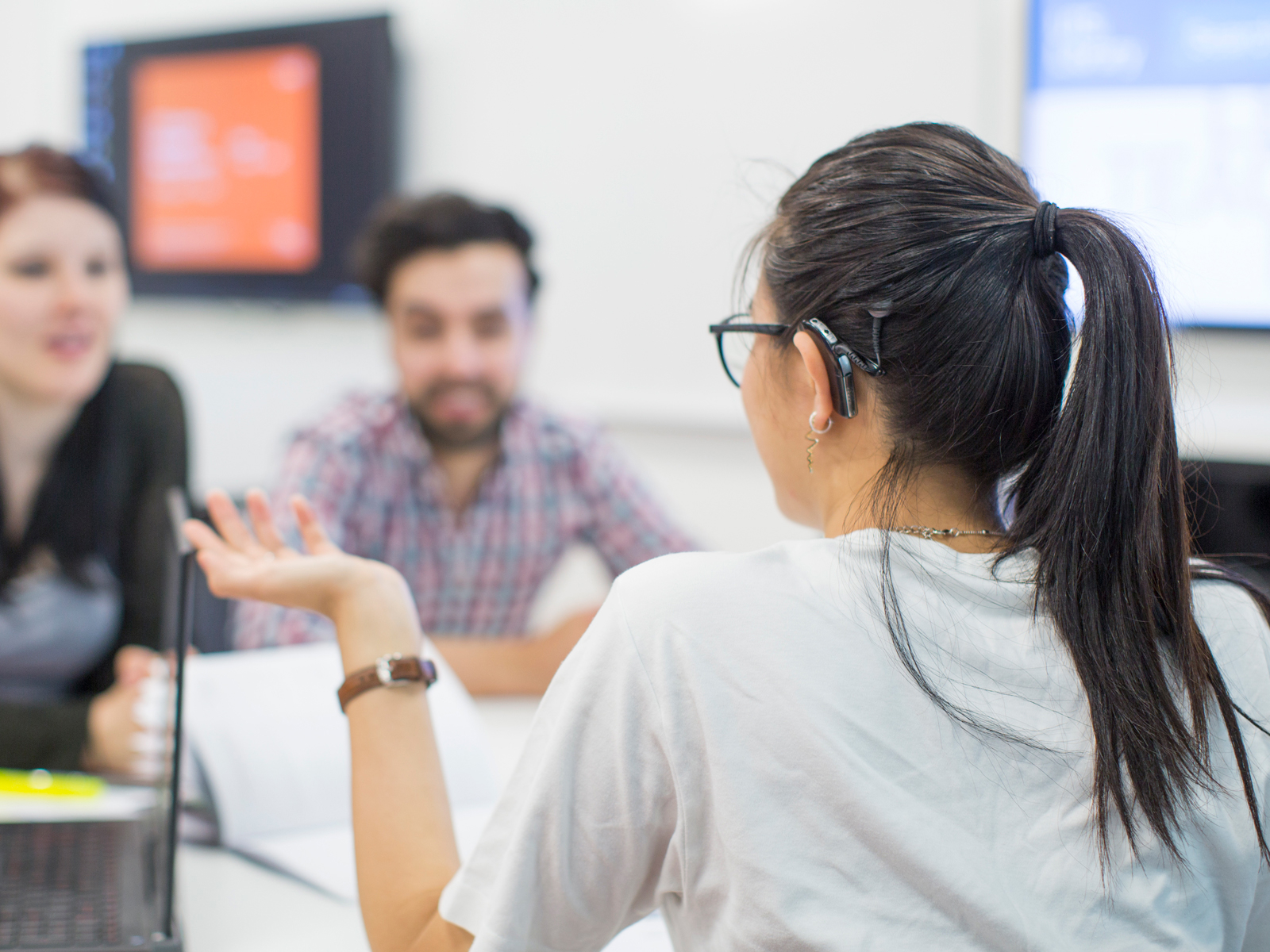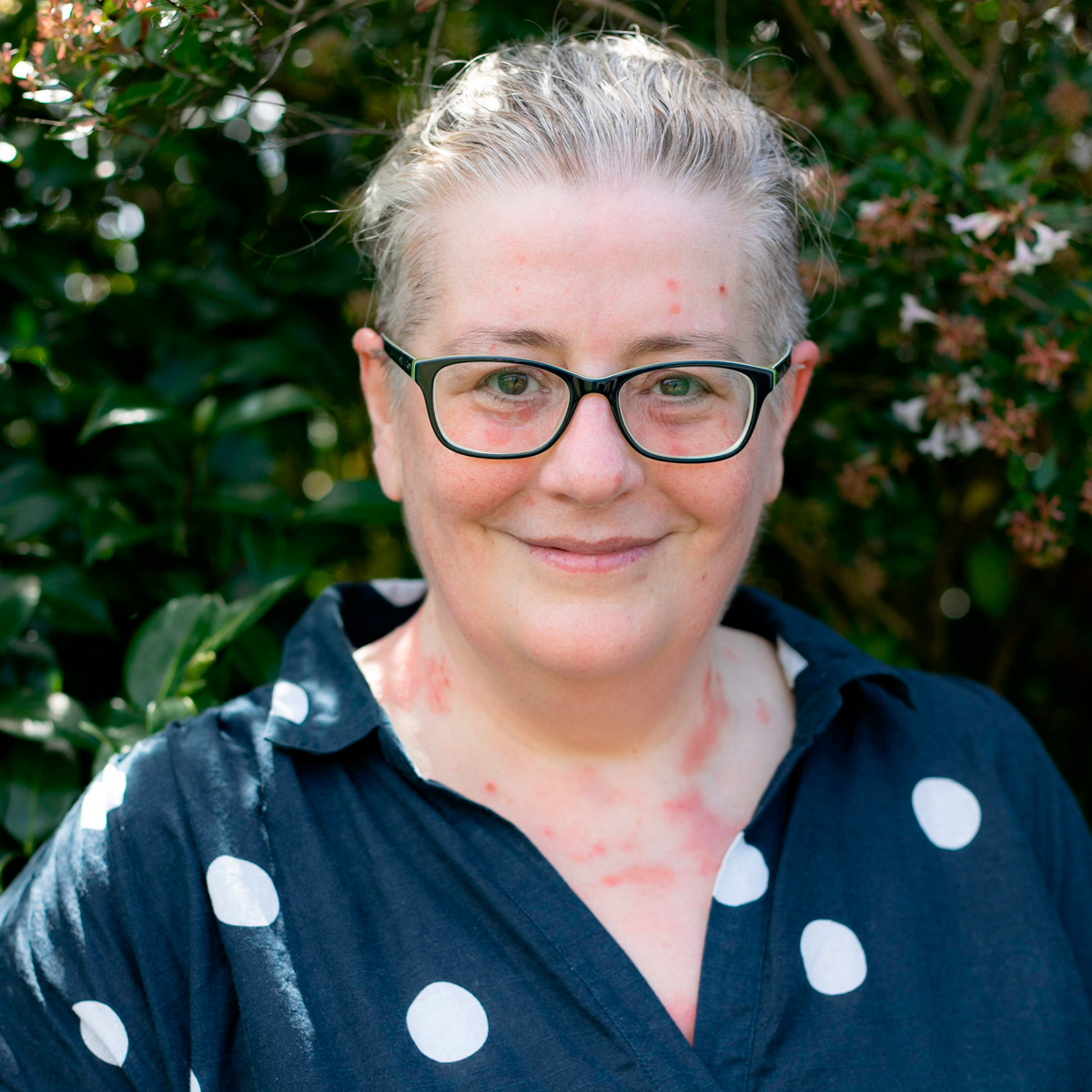- Posted on 19 May 2025
- 4 mins read
“Public policy reform might not be everybody's cup of tea, but it’s certainly mine, and it is really exciting to think about how we make systems work better for people with disability.” - El Gibbs
El Gibbs is the CEO of Disability Advocacy Network Australia, a graduate of UTS with a degree in Communications, and the UTS 2021 Alumni Community Award winner. A disabled person herself, El has been a lifelong advocate for marginalized individuals with disabilities. In January, she was appointed as co-chair of the newly formed NDIS Reform Advisory Committee.
As chair of the committee overseeing needed reform of NDIS (National Disability Insurance Scheme), El with her co-chair, Dougie Herd, is committed to making sure the voices of people with disability are being heard. In the short time since their appointment, El and Dougie have already been meeting with many of the state and territory disability ministers and talking with senior officials throughout the Commonwealth.
The university is also committed to providing inclusive experiences and equitable learning and working environments for students and staff living with a disability. The UTS Disability Research Network is leading an inclusive disability research agenda to go beyond health to include consideration of education, employment, housing and community living, freedom of movement, freedom from abuse and the upholding of dignity and respect in all services.

There's a lot of interest in getting this right and making both the NDIS and the wider world work better for people with disability and making the scheme fairer,” El explains. “It is really great that people with disability get a seat at the table.
As a university student, El began her Communications degree at UTS with dreams of becoming a journalist, but at the time the industry was rife with misconceptions that people with disability could not work in the field, that people with mobility challenges would not be able to handle heavy camera and broadcast equipment, and the public would not be receptive to seeing a disabled journalist on TV. Despite these obstacles, El completed her UTS degree and found a career in the community sector – working in politics, communications, and media from that angle, where her skills could thrive at the forefront of changes in the digital communications landscape.
This path led to her current role as CEO of Disability Advocacy Network Australia (DANA). The peak body for disability advocacy organizations across Australia that supports people with disability navigate systems and to uphold their rights. A current project of DANA is the Disability Dialogue, which brings the disability community together to find policy solutions for the big problems faced by those with disability. The project itself is led by people with disability

“It's really important to have disabled people leading disability organisations, particularly those who are charged with a representative role,” El emphasises. “We have a saying in the disability community, ‘nothing about us without us,’ and that's what we mean. Don't do things to us. Let us lead and let us be in charge of what happens next.”
This call for inclusion goes beyond just representation. Disabled people, by their very nature, are some the best problem solvers to be found within any population of people. Every day, disabled people must find ways to adapt to world not designed with them in mind. They are well practiced in coming up with creative and innovative solutions to challenges – a skill that can be applied to any type of business, institutional, or societal need.
A persistent optimism to overcome obstacles, exemplified by the disability community, is an enduring force which El believes young people, especially young UTS alumni, can look to.
Young people are some of my favourite people – they are so full of enthusiasm and passion to change the world, which I love and relate to because the disability community is a community that's full of hope. We wouldn’t all still be here trying to change things if we didn’t think it was possible.
Seeing the disability community as an asset, not as a liability, is a cultural change that the entire alumni community can help champion. “Everyone can have a role to play in even their own workplaces, particularly folks in leadership. If you're not hiring people with disability and you don't have people with disability in your workplace, ask yourself, why? What are the barriers? And what can you do to change that?” El explains, “There are great opportunities for organisations to open their doors to people with disability, to hire us, to use us as consultants, and to engage all the expertise that we have to offer.”
Featured graduate

El Gibbs
CEO of Disability Advocacy Network Australia and UTS Graduate, Bachelor of Arts (Communications), 2002






